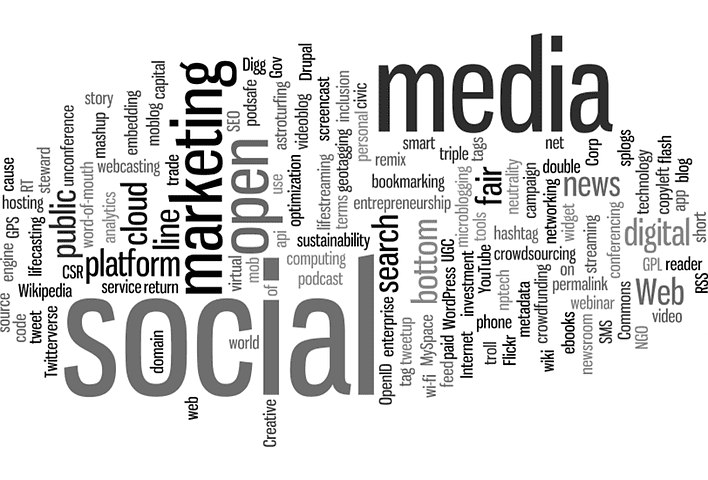In recent years, industrial computing has experienced many significant advances. These advances have led to a transformation in how companies manage both their operations and processes. With digital transformation at the forefront of this continually changing landscape, industrial environments have been able to enhance their security, productivity, and efficiency levels.
Yet what are the current trends driving digital transformation in industrial computing? This article will explore that question, along with how the landscape will change again with future trends.
Digital Transformation and How it’s Influenced by Industrial Computing
When it comes to managing industrial processes, this has been revolutionized due to digital transformation and industrial automation. Digital technology adoption has been continually growing in prevalence – whether it’s through the use of the cloud or the Internet of Things (IoT). This allows for real-time data collection, visualization, and analysis, resulting in better decision-making and improved overall operational efficiency.
As for industrial computing and how it is influencing digital transformation, this can be seen with equipment such as industrial monitors and panel PCs. These supply robust, intuitive interfaces for system and data interaction. The result: industrial computing helps with carrying out digitalization projects to further improve security and processes.
Industrial Computing and Digital Transformation Trends
The previous section touched on how digital transformation and industrial computing come together. Now here’s a closer look at the current trends that are seeing digital transformation as a key component of industrial computing:
- Panel PCs for control and management: When buying industrial PCs from providers like things-embedded.com, various options are available. One such choice is the use of panel PCs. This is because it has become a standard option in the industrial world. While panel PCs have many benefits, they are particularly helpful for efficient, practical interactions for the control and monitoring of systems.
- Industrial monitors for data visualization and control: Critical data visualization is important for any industrial company. Robust industrial monitors can stand up to the most demanding environmental conditions, ensuring all information is presented clearly and accurately.
- Automation: Productivity and efficiency levels have been boosted thanks to automation. This digitalization in industrial computing helps to optimize processes, minimize the possibility of human error, and efficiently complete repetitive tasks. Automation is also useful for real-time data collection and seamless system integration, all of which help to improve decision-making for organizations.
- Cybersecurity: Vulnerable systems are always a worry for industrial companies. This is particularly the case with more industrial devices and systems being connected than before, which opens the door to potential cyberattacks. This is why modern industrial computers are designed with key security features implemented. This includes encrypted connections and authentication mechanisms. Security updates are also provided to address any possible vulnerability that could be exploited by the latest cyber threats.
Industrial Computing and Future Trends
The above discusses the current industrial computing trends. However, digital transformation isn’t about to stop any time soon. In fact, it is continually evolving and growing at a rapid rate. Soon, other advanced technologies will become prevalent for industrial processes, replacing current trends as the next main area of focus for organizations.
So, what future trends can you expect to see in industrial computing? Here are some examples of what to keep an eye on:
- Industrial computer vision: Also known as artificial vision, this technology makes it possible to both capture and understand images that are seen. They can then use the information gathered to execute commands or tasks.
- Artificial intelligence: While it is already growing at a fast rate, artificial intelligence and machine learning will soon become the main trend for industrial computing. It can be programmed with a proactive approach, and it can make smarter decisions due to data patterns and refined algorithms. The result: it can improve everything from general processes to security functions.
- Metaverse: The introduction of the Metaverse, known as Industry 5.0 standard, can help a company to improve in various ways. For industrial companies, this can include process optimization, product improvements, greater security, and better sustainability efforts.
It won’t be long before these future trends are the new norm. Yet with the way digitization continues to evolve, even more remarkable and revolutionary changes will soon come that will enhance how organizations operate.






